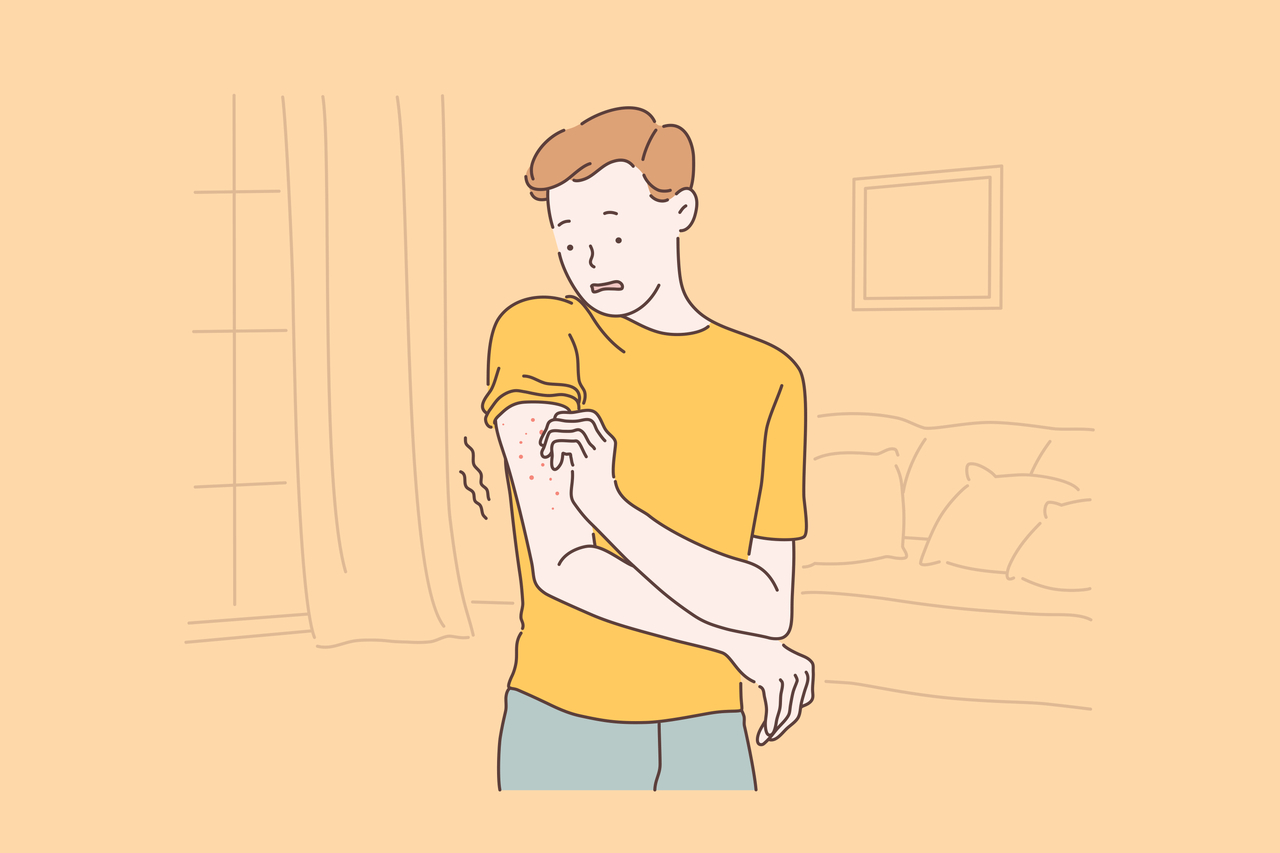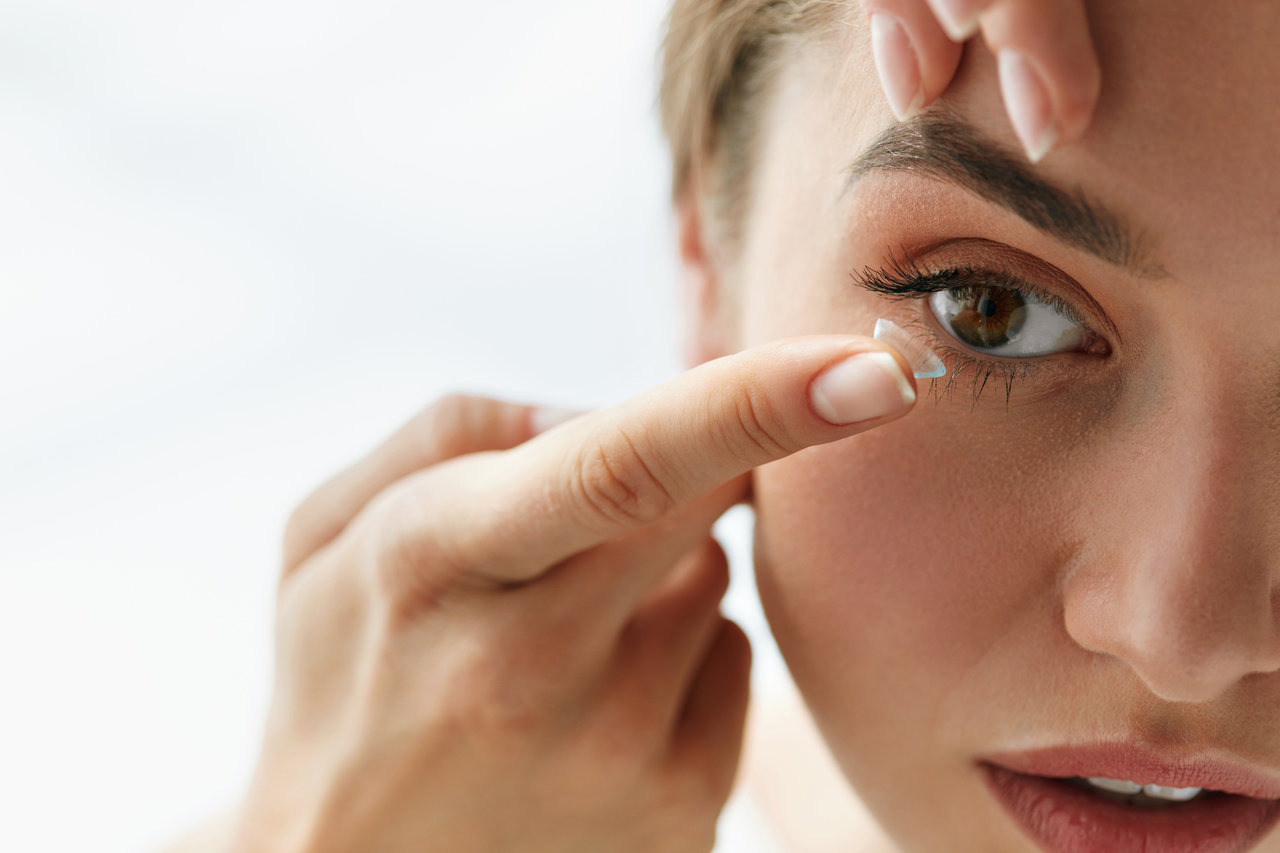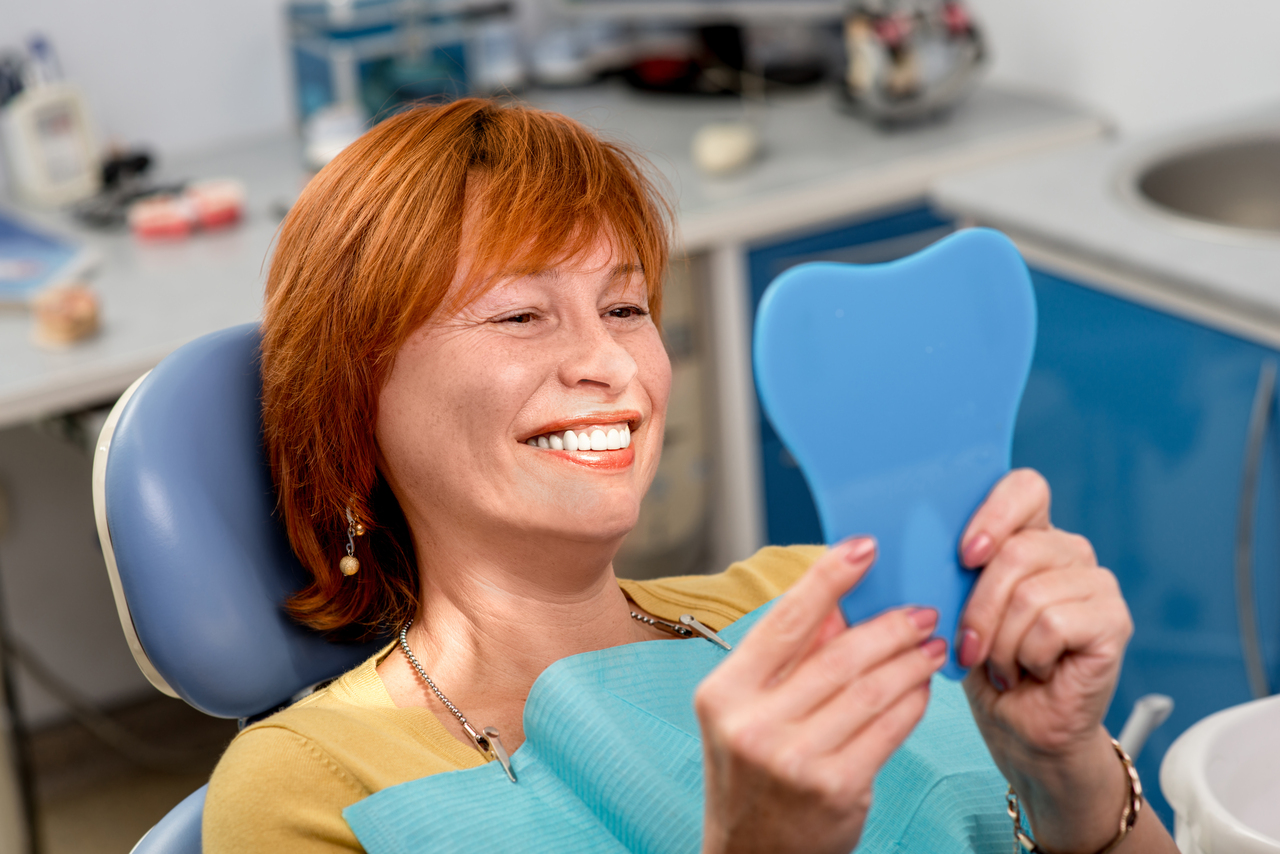If you are battling dry patches on your skin that cause relentless itching, you are not alone. According to the National Eczema Association, an estimated 31.6 million Americans are plagued by some form of this inflammatory skin condition known as eczema. One of the most prevalent skin conditions in children, eczema affects more than 10 percent of children, mostly diagnosed in their first 10 years of life. The same percentage of adults suffers from eczema. Although not a serious condition, eczema can be life-altering if left untreated.
There is currently no cure for eczema; however, the importance of educating yourself to effectively manage this fluctuating skin condition cannot be overstated. Identifying potential triggers can help you minimize the symptoms and keep them under control. Knowing available treatment options can help you alleviate your symptoms with natural remedies or have a productive discussion when your healthcare provider devises a treatment plan. Despite the challenges that living with eczema can bring, when you are equipped with all there is to know about eczema, you can live a life that is exponentially better. So, seek all the information you can!
What are the symptoms of eczema?
Eczema is a chronic skin condition that can affect anyone regardless of age or ethnicity. The symptoms can vary widely from person to person and can change over time. However, eczema is frequently characterized by:
- Dry, itchy skin
- Scaly, leathery patches of skin
- Inflamed, red or discolored patches of skin
- Small, elevated fluid-filled bumps that may ooze and crust over when scratched
This skin condition can appear anywhere on the skin and affect more than one part of the body. Eczema is most likely to emerge in one or more of these areas:
- Back of the neck
- Face, around the eyes, or behind the ears
- Crooks of the elbows
- Backs of the knees
The symptoms can come and go in sporadic flare-ups or go away entirely. When symptoms appear, however, it is important that you do not scratch to suppress the itch. Nails impair the skin’s natural barrier, only exacerbating the itch, and can lead to serious infection.
While you can try to treat your eczema symptoms with at-home or natural remedies, the best way to get an accurate diagnosis and treatment is to consult with a medical professional.
What causes eczema?
About 70 percent of eczema cases develop in children younger than five years. And while some eventually outgrow this condition, about 60 percent of infants with eczema continue to suffer from symptoms in adulthood.
There is no definitive cause for eczema; however, it is likely caused by a complex interplay of factors: genetics and triggers. People suffering from eczema have an overactive immune system that responds to small irritants or allergens by producing inflammation which leads to red, itchy skin. Some people with eczema may also have a mutation of the gene responsible for creating proteins that link the skin cells together which causes dry skin.
Although triggers differ from person to person, some common triggers include:
- Airborne allergens such as dust mites, pet dander, pollen, mold etc.
- Irritants in laundry detergents and household cleaners, soaps, shampoos, and other personal products
- Extreme hot and cold temperatures and/or water
- Certain foods such as dairy products, eggs, soy, wheat etc.
- Stress
- Hormones
If you have eczema, be aware of these potential triggers. While there is no known cure for eczema, you can help mitigate the occurrence of flare-ups by reducing your exposure to triggers. While it can be a challenge, identifying your triggers can help you better navigate your day-to-day life and minimize the impact of the eczema on your life.
What are the treatments for Eczema?
Eczema can be persistent and uncomfortable to live with. While no treatment can claim to eliminate the symptoms entirely all the time, regular use of emollients can help repair the faulty skin barrier and combat dryness. If the symptoms are severe, however, it is best to seek advice from your doctor. Your doctor may prescribe:
- Topical corticosteroid cream as part of a controlled and supervised regimen. You can apply it as directed after you moisturize.
- Oral drugs to control inflammation for a limited time. This treatment is primarily for patients with severe conditions.
- Injectable biologic called Dupixent. A relatively new alternative to topical therapy, it is used to treat patients with moderate to severe eczema older than 12.
Non- prescription remedies that you can try at home for relief from eczema symptoms are:
- Moisturize your skin using a gentle cream or ointment several times a day
- Use an over-the-counter anti-itch cream like 1 % hydrocortisone cream
- Use over-the-counter antihistamines
- Use a humidifier
- Wear loose clothing
The treatment regimen you embark on depends on several factors, such as your age, medical history, and severity of symptoms. Your doctor will probably use a mix of remedies to help you get the best results.
Eczema is a potentially debilitating condition that can compromise your overall quality of life. However, understanding eczema can help you manage your condition in an effective way.








